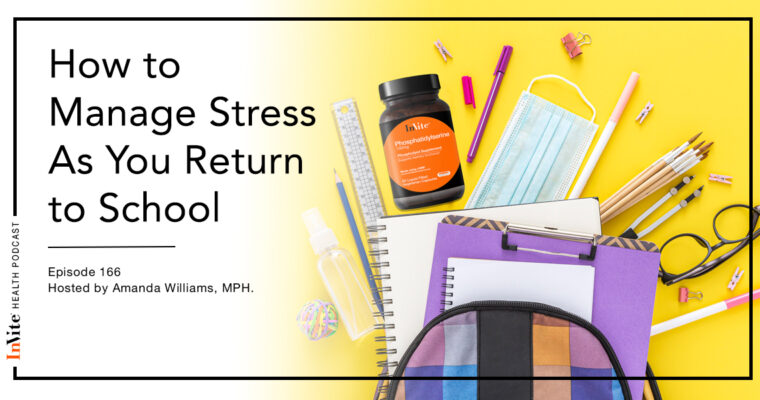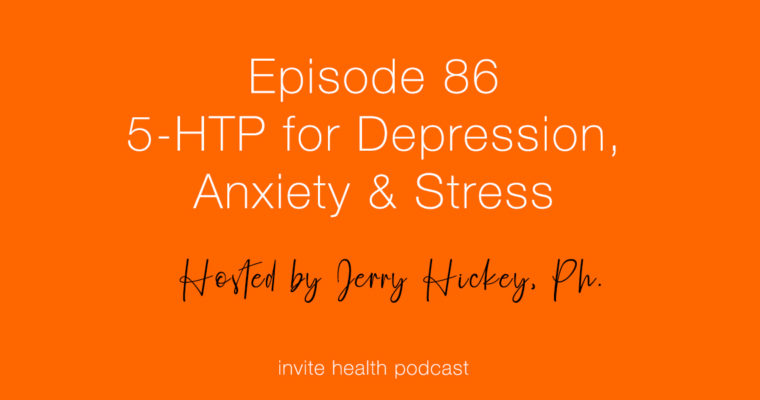Photo by Andrew Neel on Unsplash
Do you feel overwhelming stress at work? A new study published in the journal Lancet Psychiatry set out to research whether or not the intensity of a high-pressured work environment can lead to common mental health issues like anxiety and depression. This study suggests that it can.
Mental Health in the United States
The Anxiety Disorders Association of America (ADAA) Stress & Anxiety Disorders Survey reports that most working Americans experience stress or anxiety both at work and at home, which can interfere with everyday functioning. They found that stress and anxiety most often impacts the employee’s workplace performance by 56%, relationship with coworkers and peers by 51%, quality of work by 50%, and relationships with superiors by 43%.
According to the World Health Organization’s Department of Health and Substance Dependence, “Stress at work can cause poor health and can increase rates of work-related injuries and accidents.
So, what exactly are the leading causes of these issues? Some potential causes of work-related stress are overwork, lack of clear instructions, unrealistic deadlines, lack of decision-making, job insecurity, isolated working conditions, surveillance, and inadequate child-care arrangements.”
The National Institutes of Mental Health (NIMH) estimates that 16.2 million people in the U.S. have experienced major depression at least once in the past year. Over 19% of the entire U.S population is estimated to have had an anxiety disorder in the past year.
Feeling burnout and stress? Here are the self-care practice you need to know!
Stress on the Job
The research, led by associate professor Samuel Harvey from the Black Dog Institute in Sydney, Australia, examined the impact of job stain, defined as “a combination of low job control and high job demands”, on mental health and general employee wellness. People have also seen how work-related stress can have an impact on their family relationships. Sometimes work-related stress can cause a stress-related illness such as depression or heart problems.
Harvey and his colleagues analyzed data from 6,870 individuals enrolled in the UK’s National Child Development Study. They focused on whether people who experienced a high level of job strain at age 45 would go on to develop mental health issues by age 50. To determine job strain, the participants answered questions about their decision-make abilities at work and their ability to use their skills at their discretion to answer questions about workload, work place and other demands the job entailed.
Overall, by the age of 50, the study participants who had experienced higher job strain were up to 14% more likely to develop a common form of mental illness.
“The results indicate that if we were able to eliminate job strain situations in the workplace, up to 14% of cases of common mental illness could be avoided,” explains Harvey.
Do you feel high levels of stress at work? What do you do in order to combat it? Leave us a comment below to discuss.






